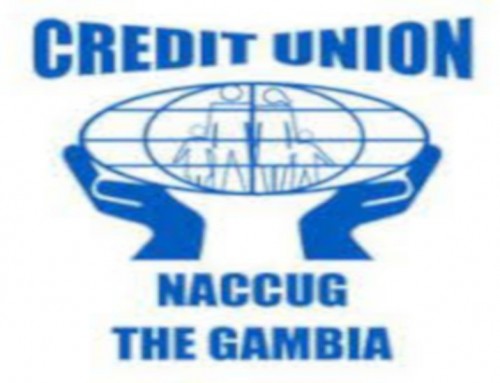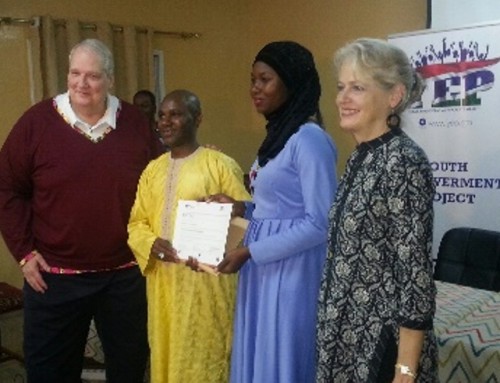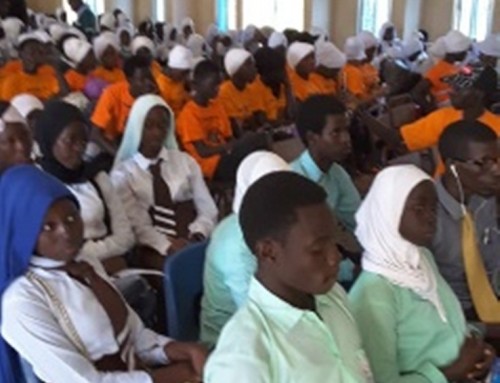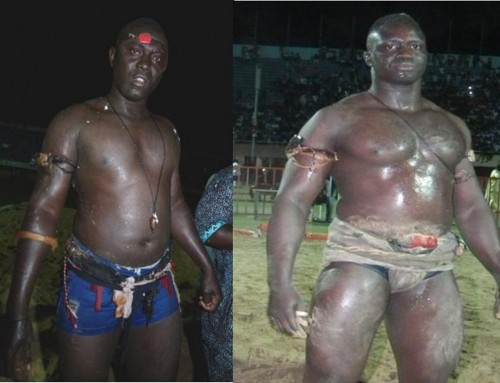Gambia’s former leader Yahya Jammeh on Saturday flew into exile in Equatorial Guinea after stepping down under pressure from West African nations to accept that he lost a December election to President Adama Barrow, mediators said.
His exit ends rising tension as thousands of troops from Senegal and Nigeria who entered the tiny country on Thursday were poised to swoop on the capital Banjul. It also paves the way for the return home of Barrow, who was sworn in as leader at the Gambian embassy in Senegal on Thursday.
Jammeh took power in a coup in 1994, and his government is accused of torturing and killing perceived opponents. There were few celebrations in Banjul as news of his departure spread, but some people said they felt relief after years of fear.
“The rule of fear has been banished from Gambia for good,” Barrow told a crowd at a Dakar hotel on Friday, once it became clear a deal had been struck for Jammeh to relinquish power.
“To all of you forced by political circumstances to flee our country, you now have the liberty to return home,” said Barrow, 51, who worked as a property developer and led an opposition coalition few thought would win the Dec. 1 vote.
The initiative to force Jammeh out will likely be viewed as a triumph for African diplomacy and could set a precedent in a region where democracy advocates have spent decades pressing for fair elections and an end to authoritarian regimes.
Jammeh’s security forces offered no resistance to soldiers from West African bloc ECOWAS. Around 4,000 troops are still there and some will remain to ensure security, said Marcel de Souza, head of the ECOWAS commission.
The crisis was a test for the bloc, not least because Jammeh had held office longer than any other current president in the grouping of 15 states.
“If something like that (not accepting poll results) happens in the same way in another ECOWAS country, it will be the same treatment,” de Souza told a news conference in the Senegalese capital Dakar.
NO DEAL ON AMNESTY
Jammeh demanded amnesty, the right to go to and from Gambia and recognition for his political party as a price for leaving. But no deal on amnesty was finalized and de Souza said he would be surprised if one was struck.
Jammeh was accompanied onto the plane by Guinean President Alpha Conde, who mediated the terms of his exit with Mauritanian President Mohamed Ould Abdel Aziz and others. A separate plane would take out his family and aides, diplomats said.
Some Gambians said they had feared Jammeh might change his mind at the last moment. He conceded defeat to Barrow but backtracked a week later. Others said they were angry he was able to negotiate at all.
“He’s a stubborn man. It should be surrender, handcuffs or death,” said Patience Williams, 50, a dental nurse.
In a last bid to cling to power, Jammeh declared a state of emergency this week and dissolved the cabinet while the National Assembly extended his term for three months. More than half the government resigned, and 45,000 people fled to Senegal.
Gambia’s Atlantic Ocean beaches make it a holiday destination for Europeans. Tourism, peanut production and overseas remittances are crucial to the economy of the country of 1.8 million.
The country’s economy is expected to grow 4.5 percent in 2017 after a projected contraction of 4.0 percent last year, World Bank figures showed.
(Additional reporting by Pap Saine in Banjul, Emma Farge and Diadie Ba in Dakar; Writing by Matthew Mpoke Bigg; Editing by David Clarke and Cynthia Osterman)
Source: Reuters





